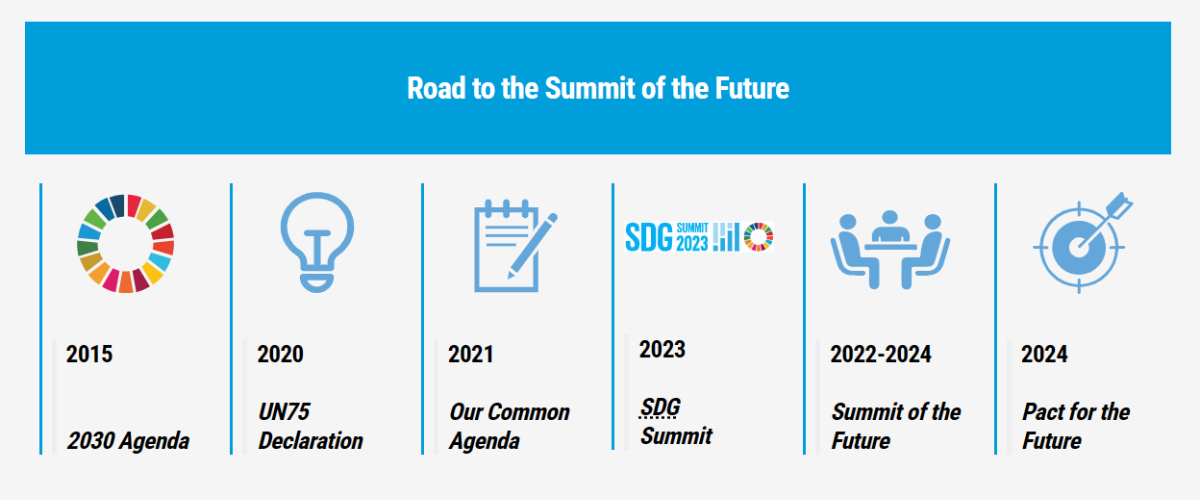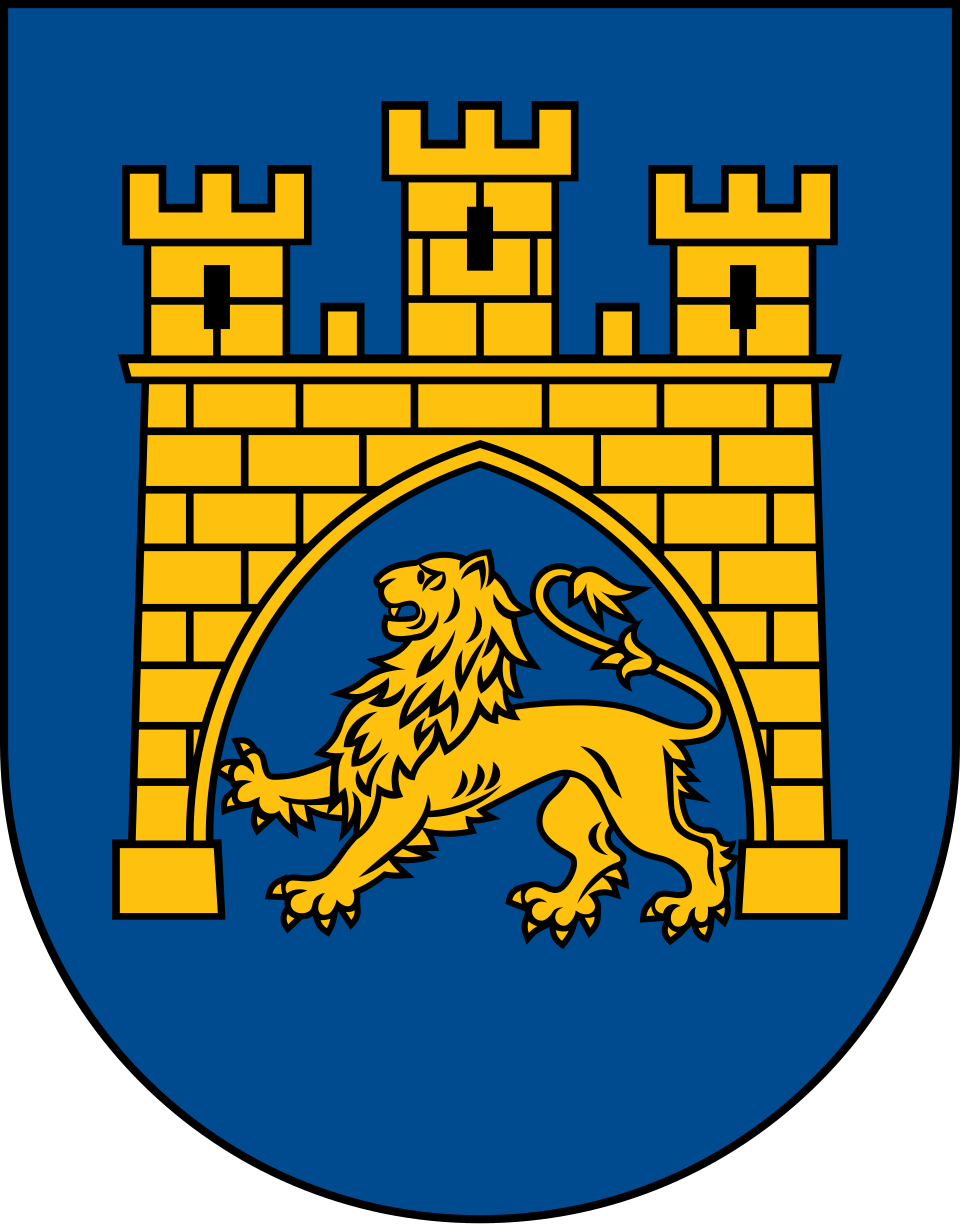Regionalism will be present at the United Nations Summit of the Future

The ORU Fogar Bureau, meeting in Abidjan, agreed to actively participate in the Summit of the Future scheduled for September 20-23 by the Secretary General of the United Nations, Antonio Guterres. The aim is to stress the need for a new governance, which goes beyond centralized governments, bringing political power closer to the citizens and strengthening regional governments.
The Summit of the Future is a high-profile event to create momentum and accelerate the pace towards the realization of international development commitments, notably the 2030 Agenda, which are currently far from being completed. A unique opportunity to rebuild confidence in multilateralism and thus address the immense global challenges.
Antonio Guterres has pointed out that the challenges that 'threaten the future of humanity' are threefold: inequality and poverty, the environmental problem and security. He states that the September debate should not be about 'What'. This is already fixed in globally agreed documents such as the 2030 Agenda, the Paris Agreement or the New Urban Agenda. What should be discussed, according to the secretary general, is the “How”, given the difficulties of making progress in the fight against poverty or climate change.
Regionalist positioning
Regionalism will be in the United Nations debate to defend a more effective decentralized multilateral system, based on the principle of subsidiarity. For the time being, ORU Fogar has already submitted amendments to the Zero Draft written by the co-facilitators Germany and Namibia and presented last January 26th. These amendments include key issues for the regional level, both in the opening line of the text and in each of the five chapters of the draft. In them, ORU Fogar demands a Plan that is inclusive, decentralized and attentive to the needs of the population. That is why it advocates the need for strong and well-funded regional governments, which have repeatedly demonstrated their great potential for actions that have a profound impact on communities around the world.
The regional amendments also include those referring to rural development, which is essential, as is proximity planning. The principle of subsidiarity, which should be promoted to achieve regional autonomy, and the need to achieve territorial balance are therefore defended.
ORU Fogar has also advocated that, as full and committed political actors, regional governments should be included in multilateral processes. Accordingly, it supports the creation of a permanent Local and Regional Governments body (LRGs).
This calls for a truly inclusive, interconnected, decentralized and democratic multilateral system that will be more complex, but undoubtedly more efficient, where a strong and attentive regional system will take the lead in favor of development.
During September 20-21, 2024, and within the framework of the summit, working meetings will be held in which regional governments can participate in the various activities to be carried out. The road to the Summit will culminate in the creation of an actionable Pact for the Future to be negotiated on September 22-23, 2024, which seeks to address 'how' we should cooperate and coordinate to respond to challenges for the global community.










































































